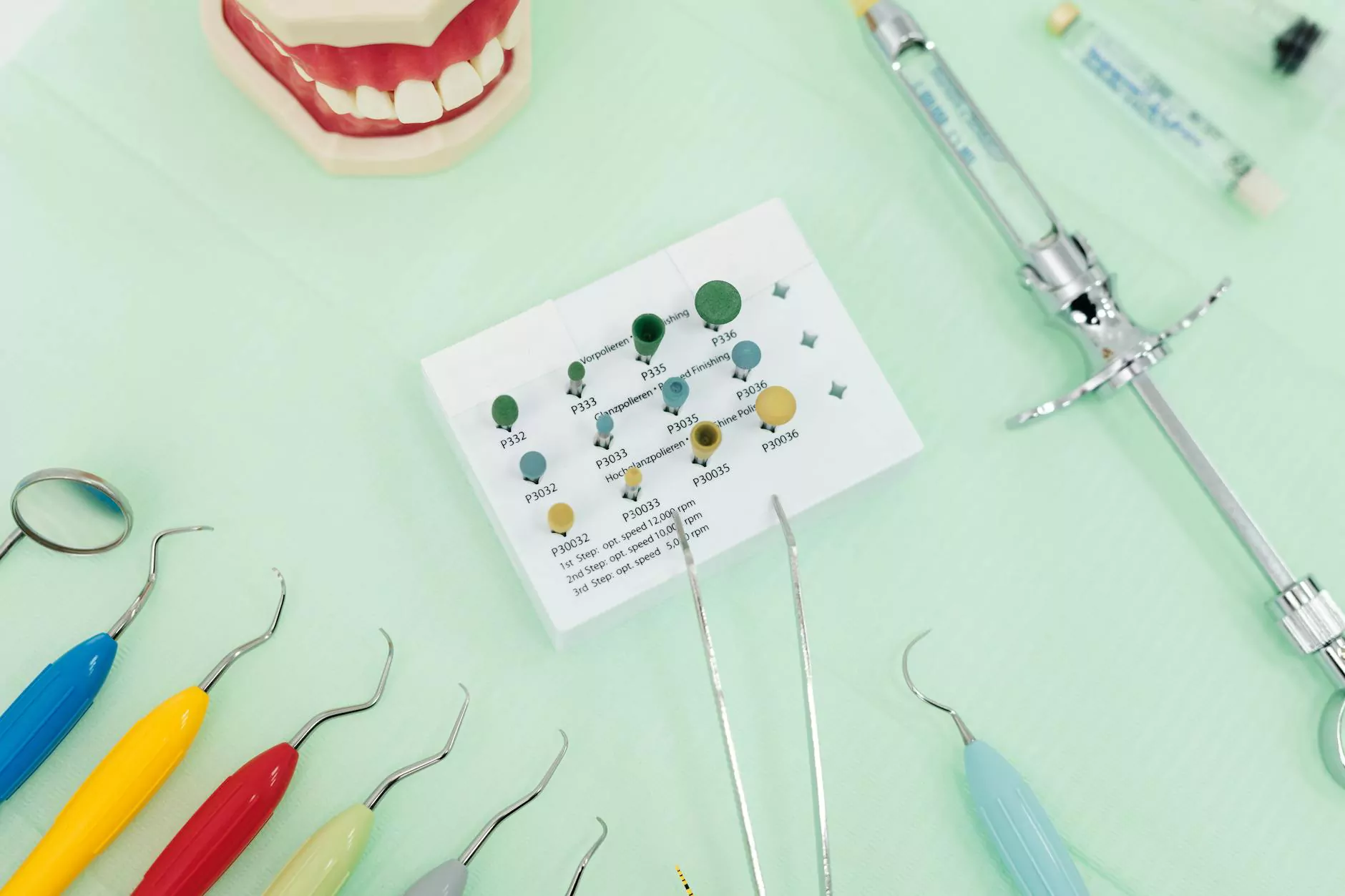The Importance of Hormones for Horses

When it comes to the health and performance of horses, hormones for horses play a pivotal role. These biochemical messengers are crucial in regulating a variety of bodily functions, from metabolism to reproductive health. Understanding the significance of these hormones can help horse owners, trainers, and veterinarians optimize care and improve the wellbeing of these magnificent animals.
What Are Hormones?
Hormones are chemical substances produced in the glands of the endocrine system. They travel through the bloodstream to tissues and organs, providing instruction on how to regulate various physiological processes. In horses, hormones affect:
- Growth and Development
- Reproductive Cycles
- Metabolism and Energy Levels
- Behavior and Mood
Key Hormones in Horses and Their Functions
Several key hormones are particularly significant in horses. Below is an overview of these hormones, linked to their major functions:
1. Insulin
Insulin is essential for regulating blood sugar levels. It helps cells absorb glucose, which is vital for energy production. Proper insulin function ensures:
- Stable energy levels.
- Healthy weight management.
- Reduced risk of metabolic disorders.
2. Adrenaline
Adrenaline, or epinephrine, is commonly known as the "fight or flight" hormone. It is released during stressful situations, providing an immediate boost in energy and alertness. This hormone is crucial for:
- Enhancing physical performance.
- Quick reactions to danger.
3. Estrogen
Estrogen is a key hormone in female horses, playing a vital role in the reproductive cycle. It is responsible for:
- Regulating the estrous cycle.
- Promoting reproductive health.
- Maintaining overall health and vitality.
4. Testosterone
Testosterone is primarily associated with male horses but is also present in females. This hormone influences:
- Muscle development.
- Behavioral traits, including aggressiveness.
5. Thyroid Hormones
Thyroid hormones (T3 and T4) regulate metabolism and energy production. They affect:
- Body temperature regulation.
- Energizing metabolic processes.
How Hormonal Imbalances Affect Horses
Just as the right balance of hormones is essential for optimal health, hormonal imbalances can lead to a variety of health issues in horses. Common problems caused by hormonal imbalances include:
1. Cushing’s Disease
Cushing’s disease, or Pituitary Pars Intermedia Dysfunction (PPID), is caused by an overproduction of cortisol. Symptoms include:
- Weight loss.
- Long, curly coat.
- Increased drinking and urination.
2. Equine Metabolic Syndrome (EMS)
EMS is associated with insulin resistance and is a growing concern among horse owners. Horses with EMS typically show:
- Obesity or easy weight gain.
- Laminitis.
- High fasting insulin levels.
3. Reproductive Issues
Imbalances in reproductive hormones can lead to complications such as:
- Irregular cycles in mares.
- Reduced fertility.
Managing Hormonal Health in Horses
As a horse owner, understanding how to manage and maintain balanced hormone levels is crucial. Here are some strategies to ensure your horse's hormonal health:
1. Nutrition
Providing a balanced diet rich in essential nutrients is fundamental. Nutrients like:
- Omega-3 Fatty Acids: These help in reducing inflammation and promoting hormonal balance.
- Vitamins and Minerals: Nutrients such as selenium, zinc, and Vitamin E are vital for hormone production and regulation.
2. Regular Veterinary Check-ups
Routine veterinary visits can help detect hormonal issues early. Tests may include:
- Blood tests to check hormone levels.
- General health assessments to monitor any changes in behavior or performance.
3. Stress Management
Stress can significantly impact hormone levels in horses. Techniques for managing stress include:
- Regular exercise.
- Social interaction with other horses.
- Providing a calm and comfortable environment.
The Role of Supplements in Hormonal Health
Supplements can play a supportive role in managing hormonal health. Always consult with a veterinarian before starting any new supplements. Some beneficial supplements include:
1. Magnesium
Magnesium is linked to improved insulin sensitivity and has calming effects on horses.
2. Adrenal support supplements
These can help maintain balanced cortisol levels and support adrenal health.
3. Hormonal balancers
Specialized supplements are available to help regulate estrogen and testosterone levels in horses.
Final Thoughts on Hormones for Horses
Understanding and managing hormones for horses is vital for their health, performance, and longevity. As a horse owner, being proactive about nutrition, stress management, and regular vet check-ups can promote optimal hormonal balance. By doing so, you can ensure that your equine companions lead healthy and fulfilling lives.
For more information and resources regarding horse health and care, consider visiting racehorsemedcare.com, where you can find a range of products and insights tailored for the wellbeing of your horses.









